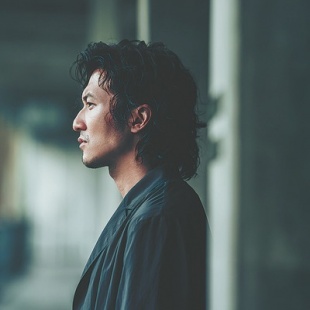HK police thrillers keep audiences on edge of their seats
City's action movies continue its charm to draw crowds on mainland, Chen Zimo reports in Hong Kong.


New filmmakers should keep their feet on the ground, start with simple stories, and tell them well, said Lee, adding that before making big-budget commercial films such as Raging Fire, Benny Chan won the trust of audiences and investors with his hard work and talent.
Since 2000, Wong said, the police/gangster films have reduced interest in individual cases, but tend to describe the mindset of the police force in general. Many movies were more focused on the force's internal affairs than their interactions with the outside world. It could explain why the villains in Shock Wave 2 and Raging Fire have both choose to feature police-turned criminals.
He also noticed the trend that today's cop shows are more likely to tell stories of high-ranking officers, at least a unit commander. Bong in Raging Fire is senior inspector. Wong saw it as catering to the aesthetic preferences of the rising middle class.
On Aug 13, during a Hong Kong screening of Wilson Yip's 1999 film Bullets Over Summer at Tai Kwun Center for Heritage and Arts, many audience members said they had gained from the struggling characters a sense of cynicism and pessimism in society during the post-1997 Asian financial crisis, which they could relate to.
As audience members left the theater, they were told by organizers to watch out for a long flight of stairs and a small shop next door.
The stairs and shop appeared in the film's first scene, when the store was robbed introducing Francis Ng and Louis Koo's characters as the responding officers.
The action film genre becomes the signature of the city, Liu said, because it relies heavily on Hong Kong's unique spatial structure as a stage setting, like its filthy hawker stalls, dimly lit corridors, and crowded streets under neon lights.





































